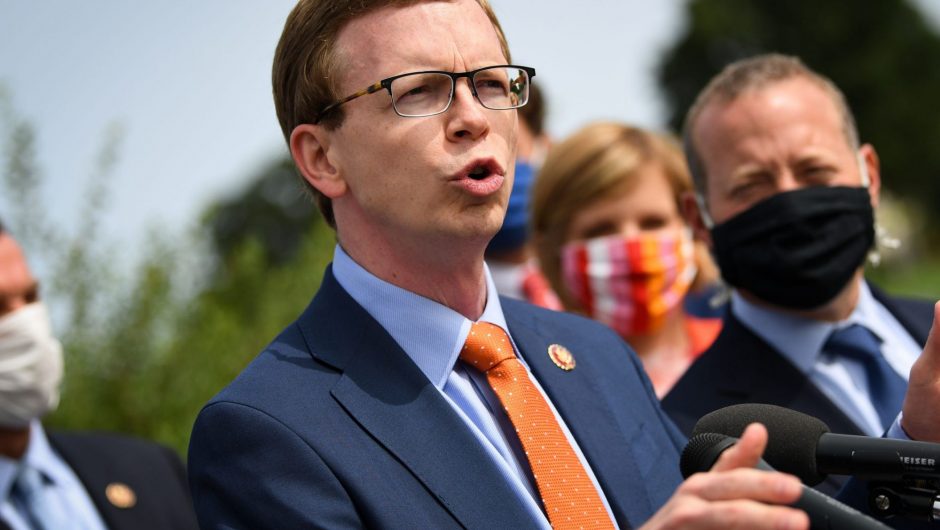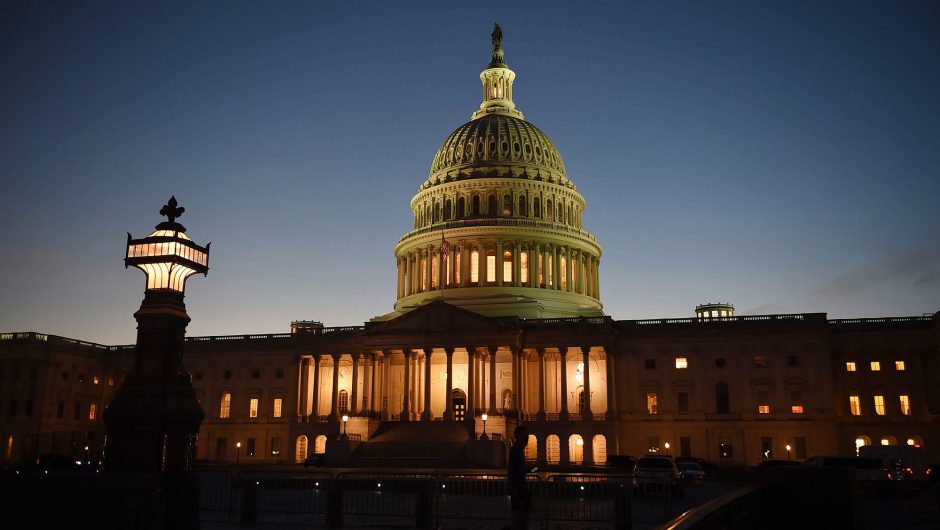Without a packed dinner table filled with family members from out-of-town and other loved ones, this holiday season will most certainly be lonelier than any in recent memory.
It may be especially dispiriting to children, who have already dealt with so much change and may not be prepared to handle more during a time typically intended for togetherness.
Melissa Whitson, an associate professor of child psychology at the University of New Haven, has been having these tough conversations with her own daughter, a first-grader.
“Kids are pretty resilient,” she told USA TODAY, “but it does affect them.”
“Going into the holidays, we can all acknowledge that they will look different for most families,” said Leah Orchinik, a child psychologist at the Nemours duPont Hospital for Children in Wilmington, Delaware.
Experts say that there are many ways to support your children — and keep the festive spirit alive — during the holiday season.
Plan family events with your kids — and not just Zoom calls
It’s not a bad idea to maintain years-old traditions to keep a familiar, consistent pace during the holidays. And, in fact, many parts of the holiday season — gift exchanges, baking and religious customs — can be held over the comfort of FaceTime or Zoom. That said, it comes with its limits.
“The fact that we have Zoom is amazing, but it can only go so far,” Orchinik said.
Experts suggested having your kids help plan new holiday traditions, whether it be dropping off cards or care packages at nearby loved ones’ homes, setting up virtual games and movie nights or setting up a scavenger hunt around the house for immediate family members.
“This is a situation that is so out of control for so many,” Orchinik said. “We want kids and families to feel like there are things they can do to make a difference.”
Zoom-ing for Thanksgiving? Here’s how to make the most of it
It helps that children can be great problem solvers because of their “imagination and creativity,” said Washington, D.C.-based psychotherapist and clinical social worker Rachel Bradley Williams.
Story continues
Not only does it help your children feel a sense of ownership over the holiday process — and control during a time where there is not much of it — it takes some of the pressure off of you to plan every part of the holiday.
“You may even end up starting new family traditions that outlive COVID restrictions,” Williams said.
Worried about Santa? Fauci says Santa Claus has ‘innate immunity,’ won’t be spreading COVID-19 to anyone this Christmas
Be honest with your kids — to an extent
There is no need to conceal the realities of COVID-19. In fact, it is good to be honest about the reasons behind holding more intimate holiday celebrations compared to years past.
But there’s also no need to be unnecessarily grim.
“Kids can understand when things are getting a little bit more serious,” Whitson said.
You may have had a conversation about the recent severity of the pandemic already, especially if, like Whitson, your child’s school shut down due to a COVID-19 spike.
Orchinik says reminding your kids that “maintaining what we know to be the best practices” — wearing masks, social distancing — is sufficient. For younger children, it’s also worth praising them for keeping others safe.
Let your children be sad or upset
Your kid might not be on their best behavior, and that’s perfectly OK.
“You have to go easy on your kids in terms of the stress and trauma and any regressions or outlashes you see,” Whitson said.
‘Feels like the world is against you’:Young people struggle with finding mental health support amid COVID-19 pandemic
Especially now, why it’s so important to hope
This is a great time, Williams said, to take stock of how your children are feeling “and really listening to their answers.” Whether they feel confused, sad, worried or even apathetic, she said, it is vital to check in.
“This allows you to answer any questions, clarify any confusion and most importantly validate their feelings,” she told USA TODAY.
‘Don’t feel any pressure to make the holidays perfect’
Even if you check in frequently with your kids, experts emphasized that they notice when you’re not emotionally at your best.
A key part of ensuring that your children are emotionally healthy is by modeling healthy emotional behaviors.
“Oftentimes, how kids process trauma and deal with it is related to how their caregivers process it,” Whitson said. “So if we’re not in a good place about it, if it’s really impacting us in a negative way, then kids will see that and affect how they process it.
You don’t need to fake happiness and excitement during the holidays. In fact, Williams and Orchinik said, sharing how you feel about the holidays being drastically different can encourage your child to open up about their own feelings.
“It is OK to have negative reactions and show that parents aren’t OK and to talk about that,” Orchinik said. “Show some of those emotions, some of that vulnerability.”
Most importantly, don’t feel any pressure to make the holidays perfect. “There’s a lot of parent guilt with having to cancel plans and knowing that his year is not the year to pull out all the stops,” Orchinik said. “That’s OK.”
This article originally appeared on USA TODAY: Keep kids holiday traditions alive in 2020, and be honest about COVID








